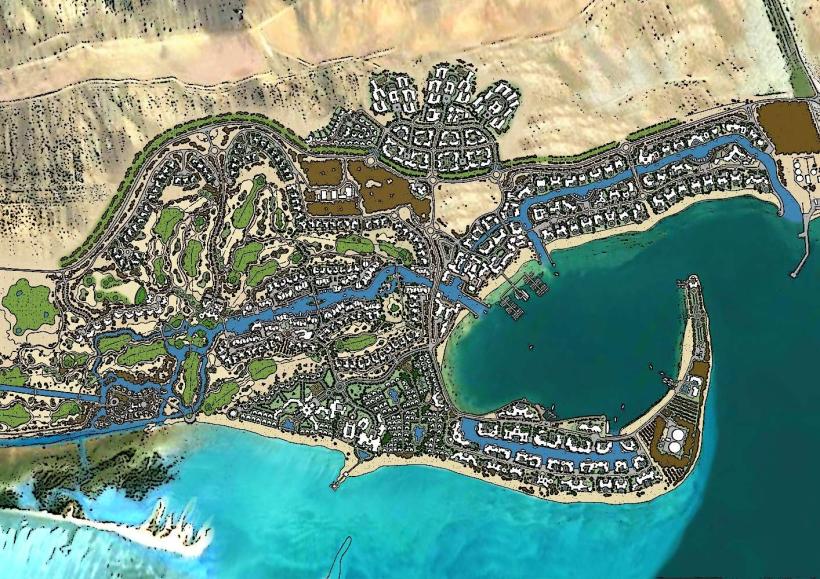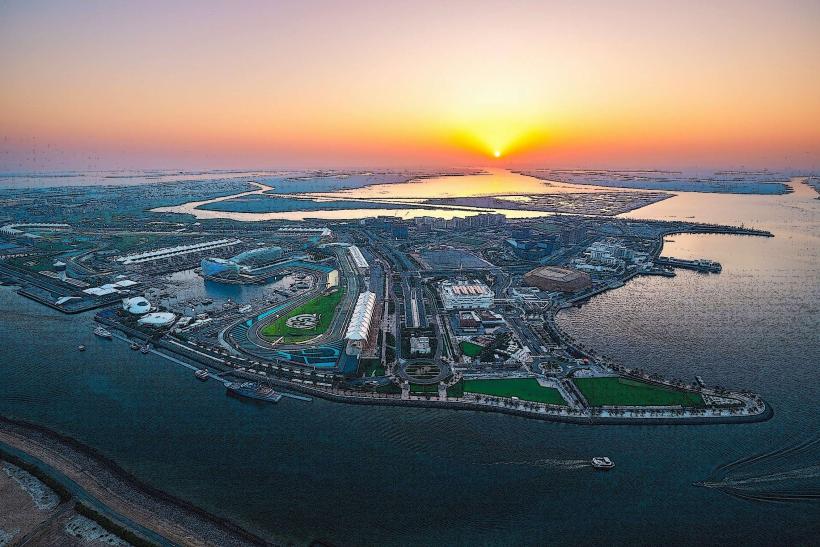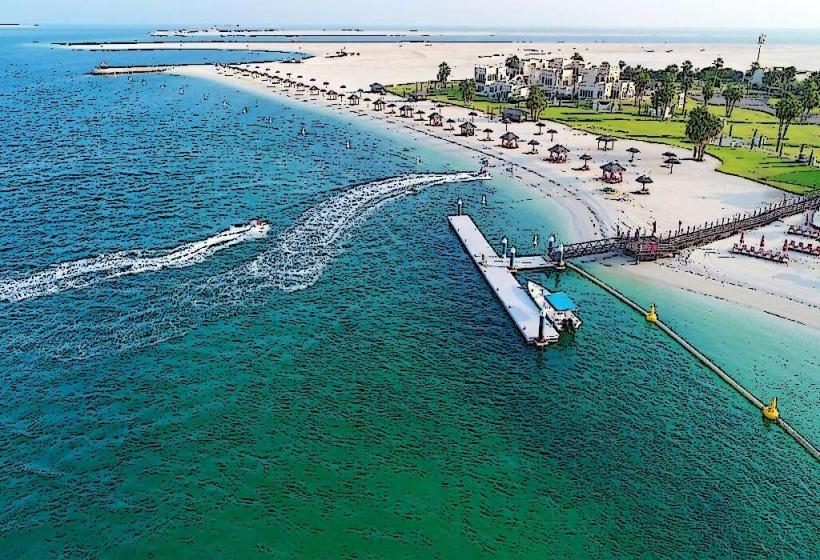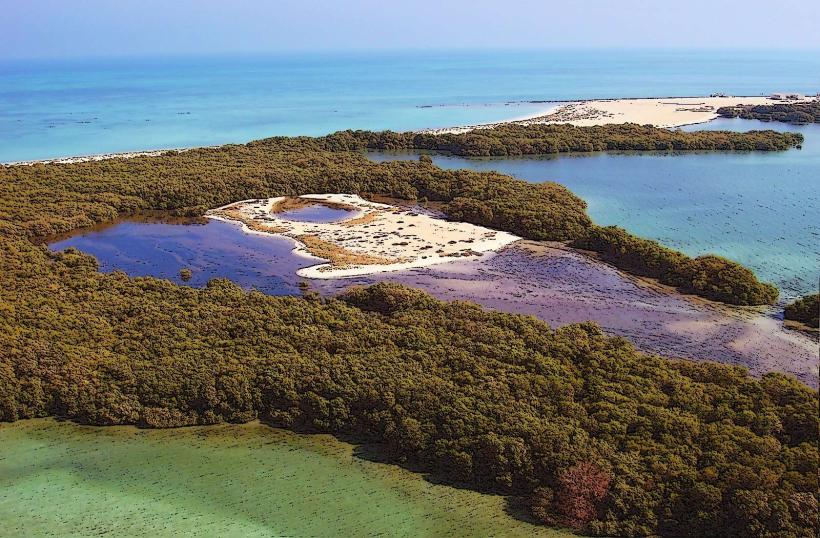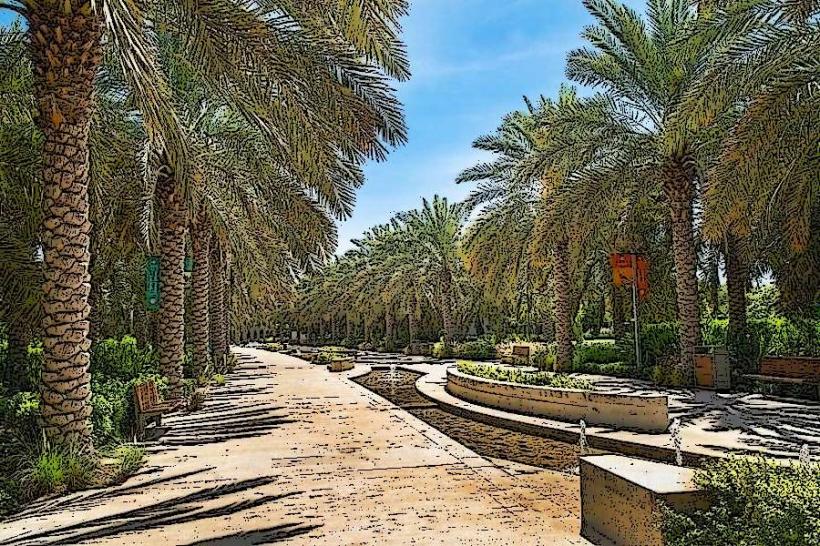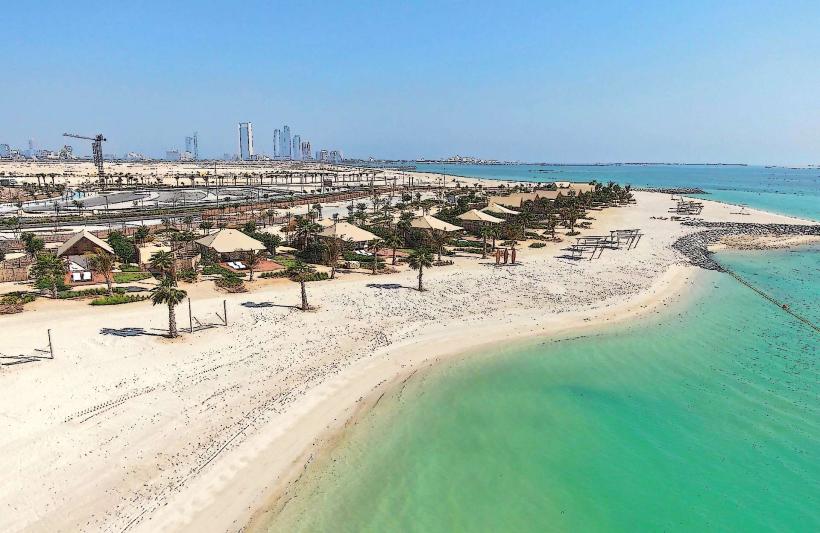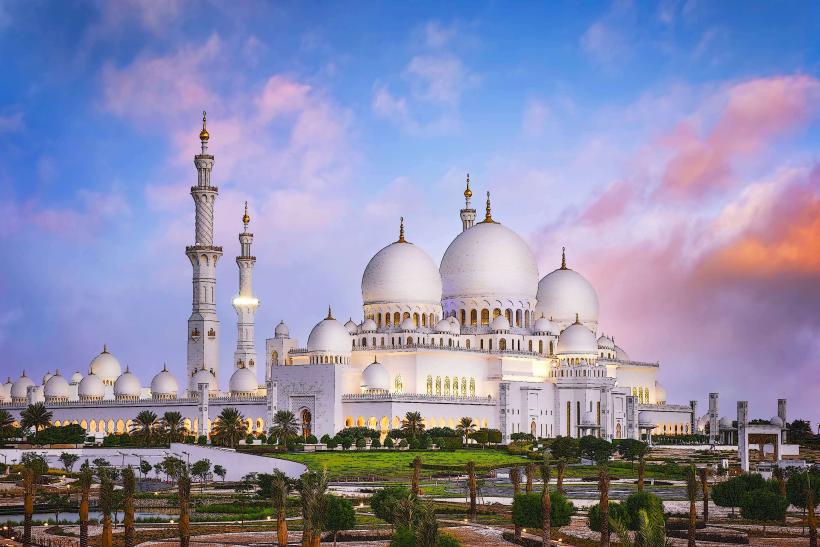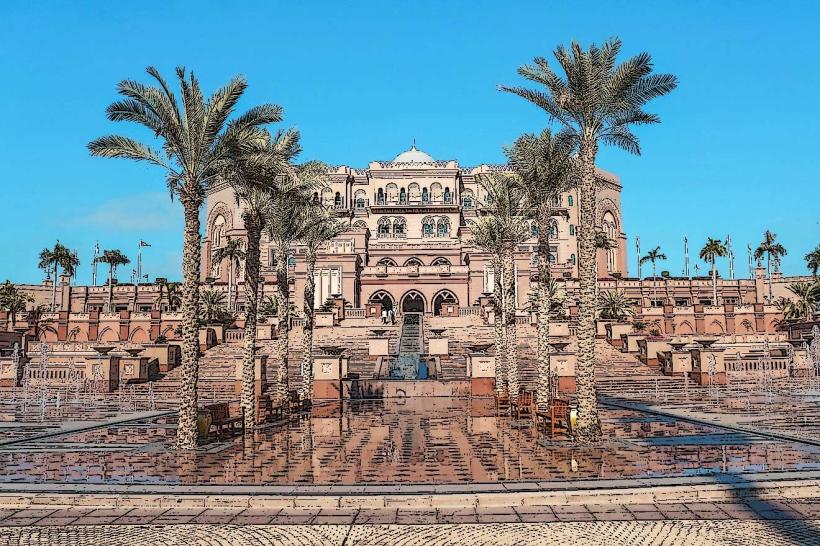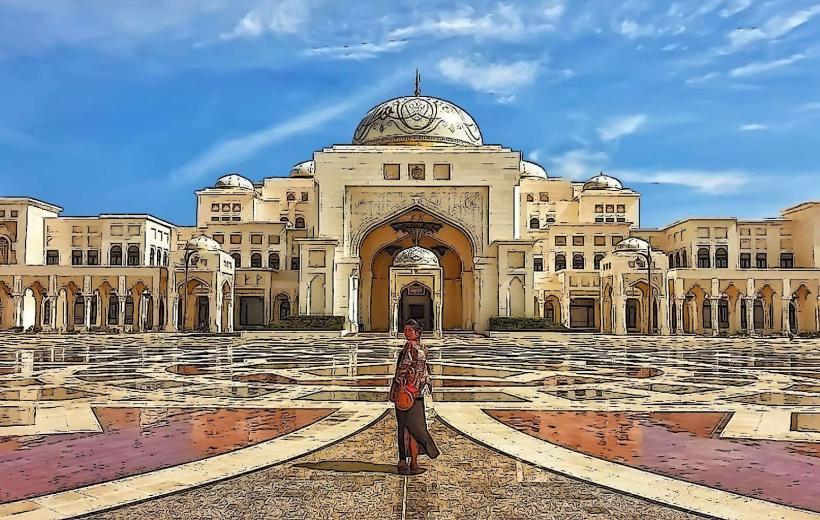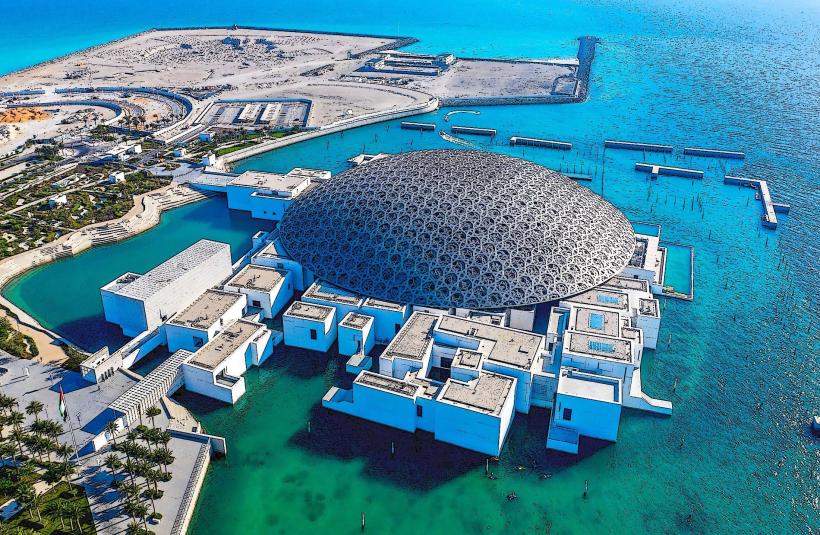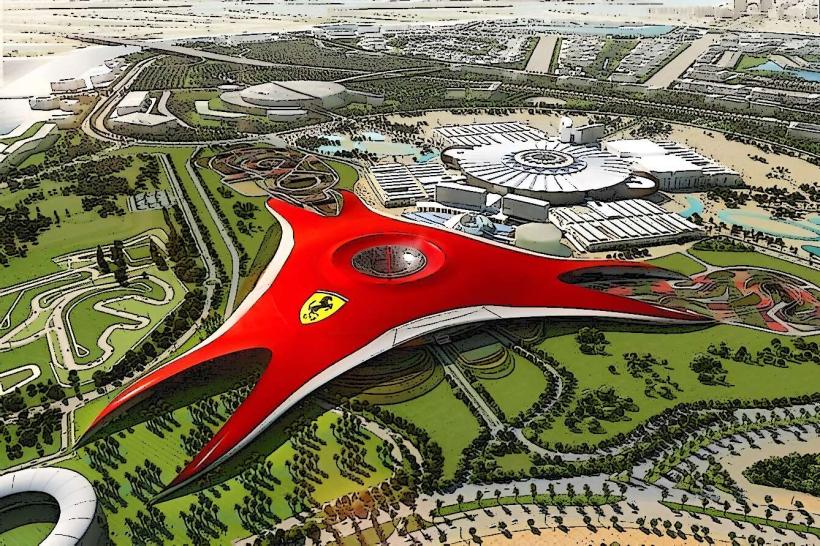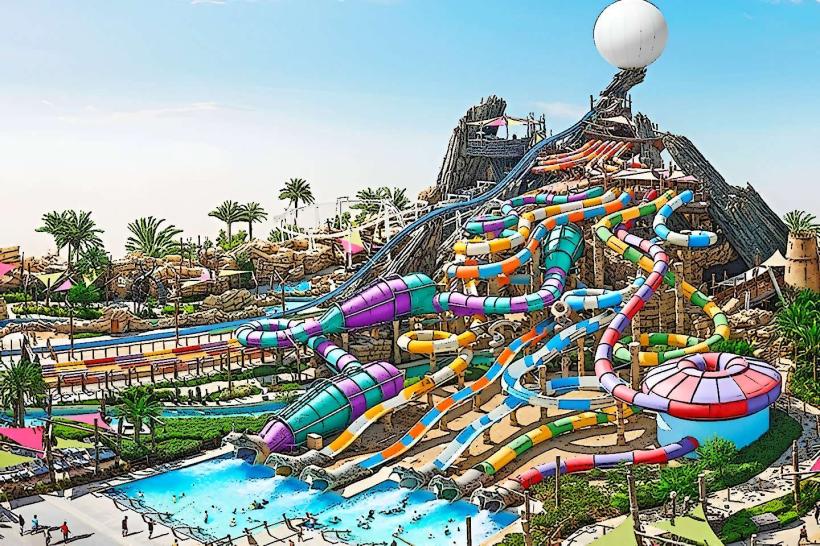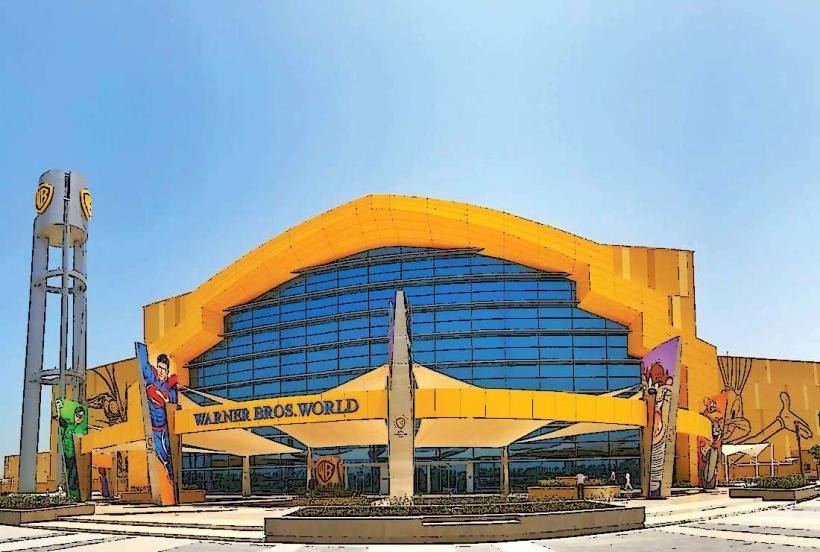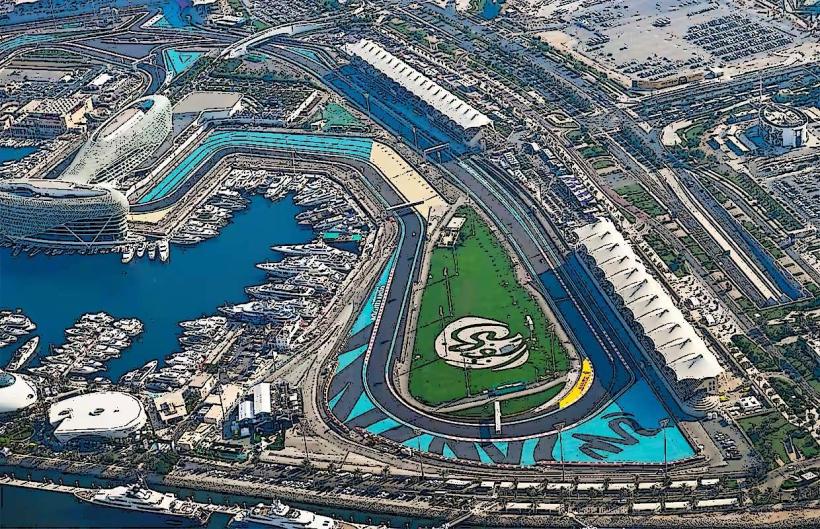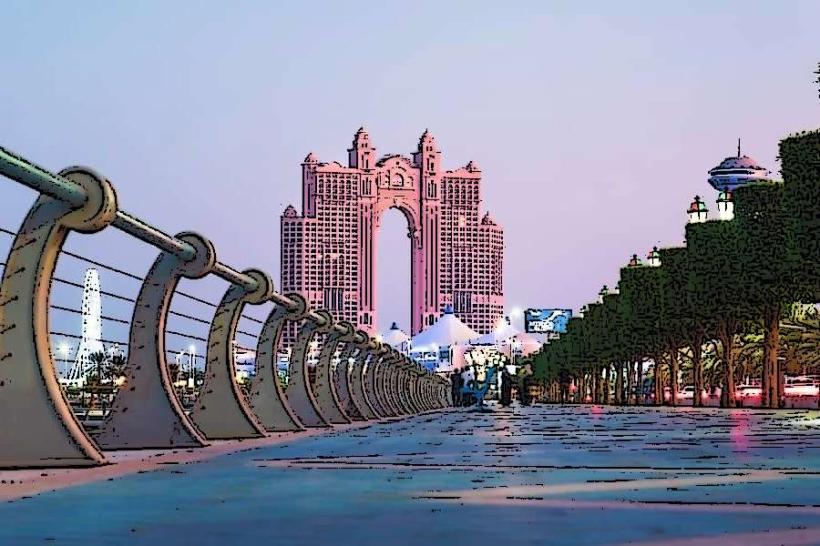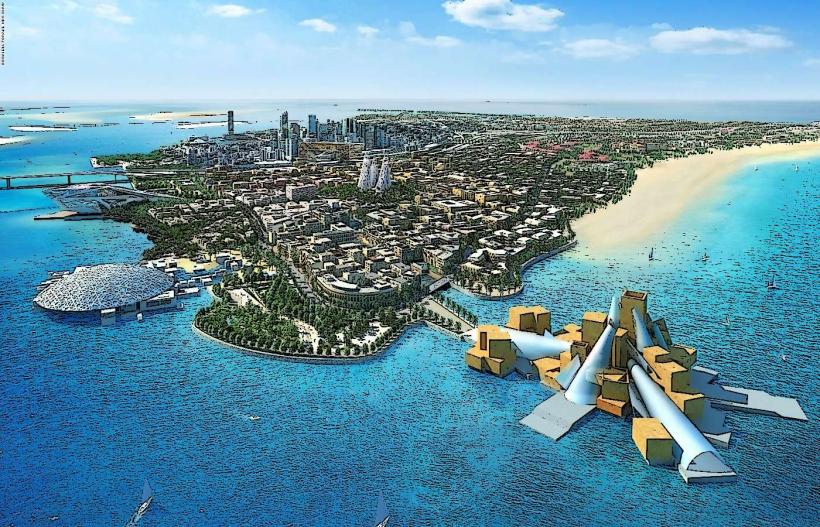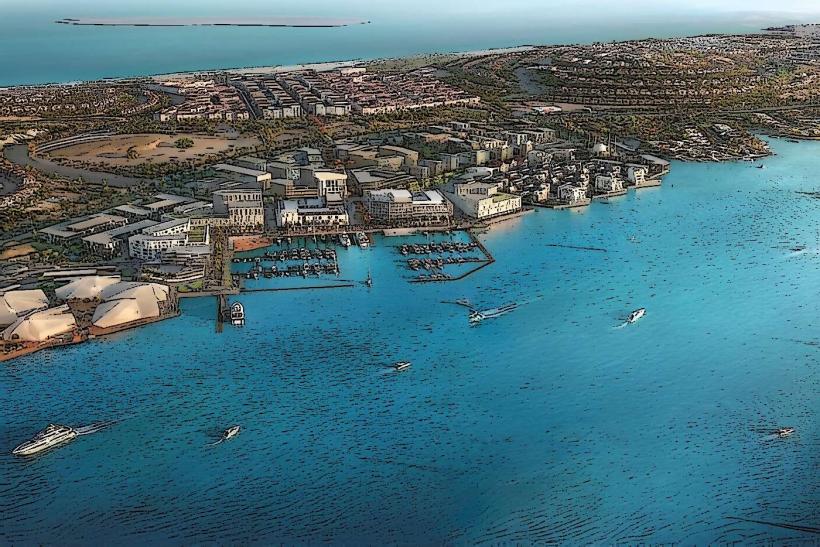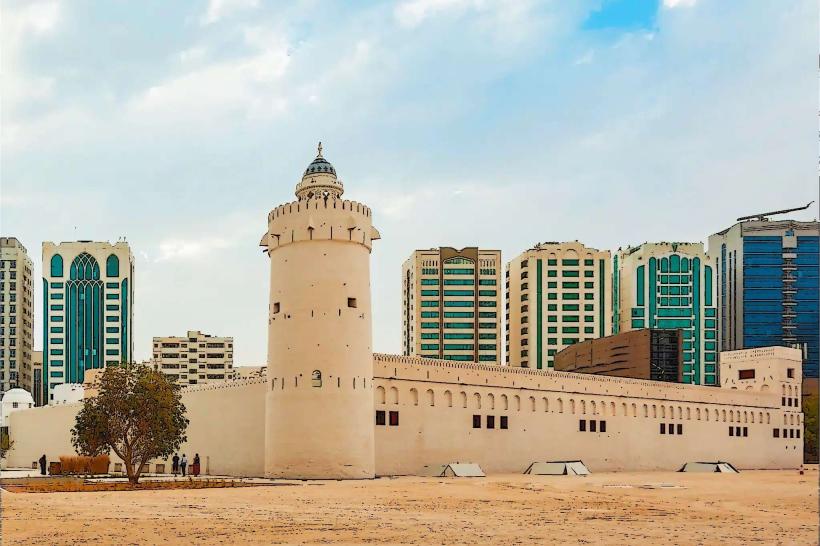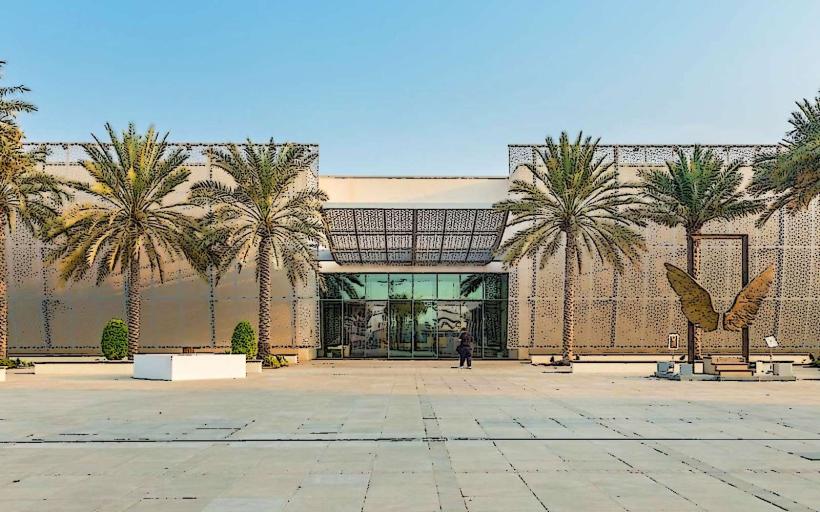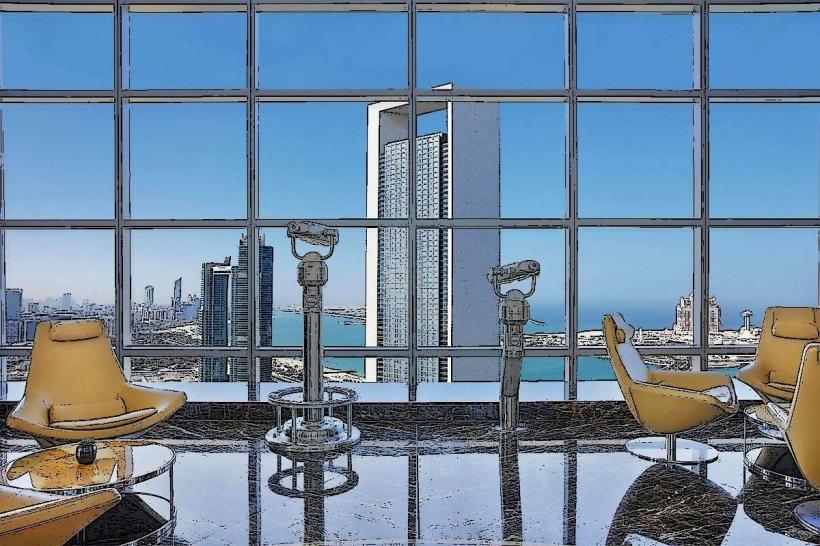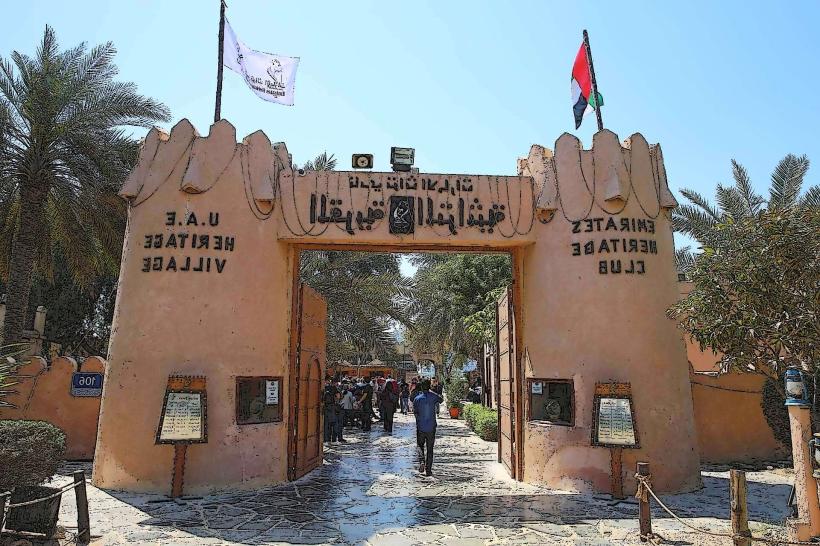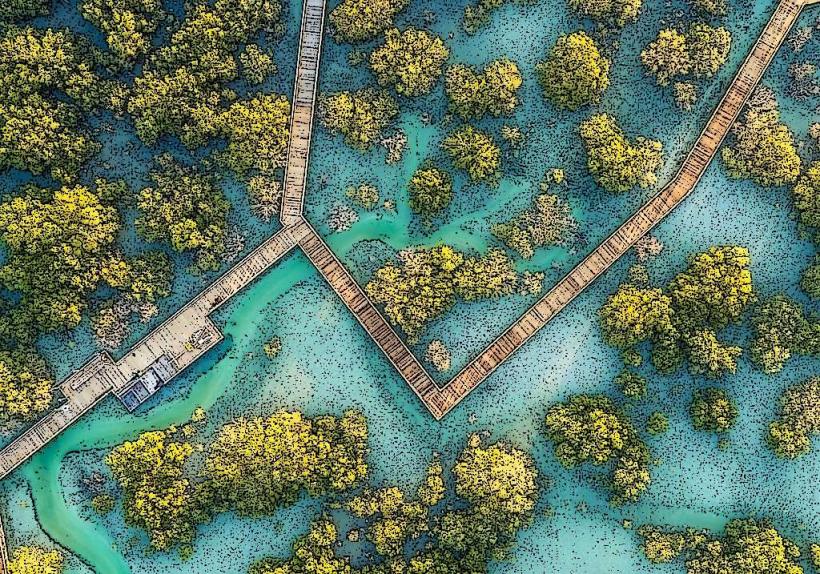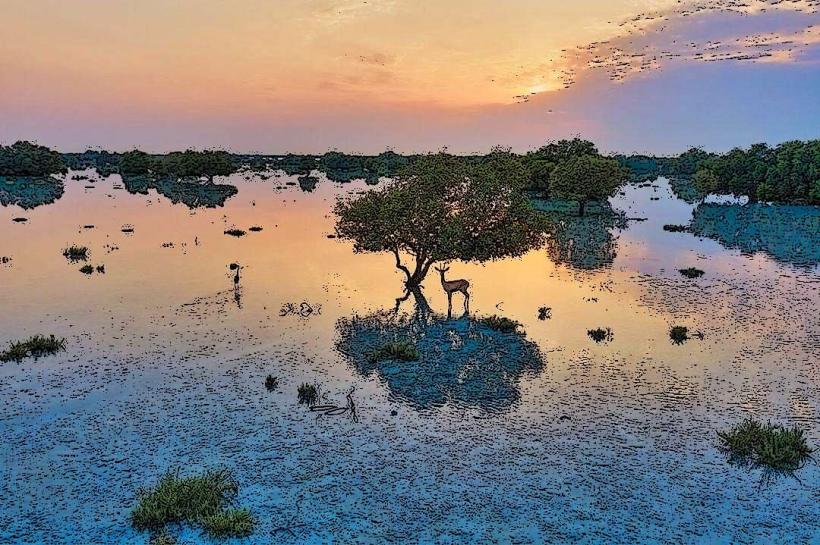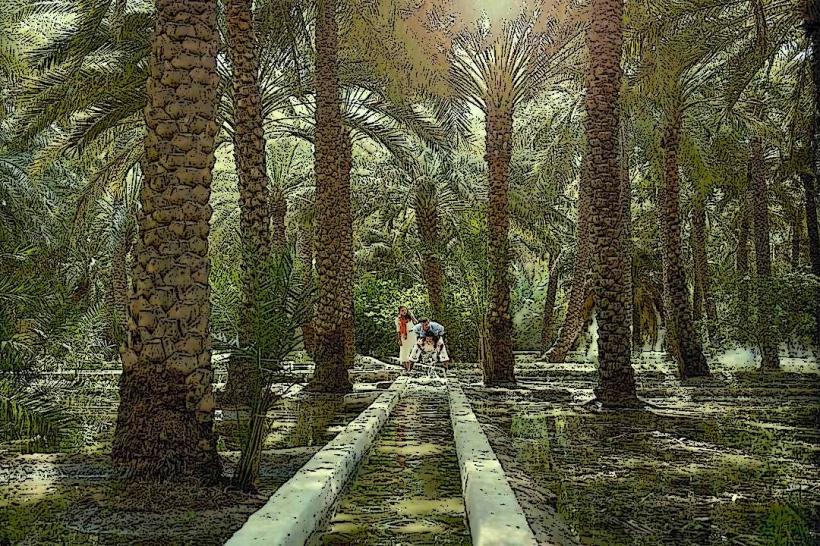Information
City: Abu DhabiCountry: United Arab Emirates
Continent: Asia
Abu Dhabi, United Arab Emirates, Asia
Abu Dhabi serves as the federal capital of the United Arab Emirates and the primary center for the nation’s political, industrial, and hydrocarbon wealth. It is situated on a T-shaped island extending into the Persian Gulf from the central-western coast of the UAE.
Historical Timeline
Abu Dhabi was founded in 1761 by the Bani Yas tribe following the discovery of potable water. It remained a pearl-diving and fishing settlement until the Al Nahyan family moved their seat of government to Qasr Al Hosn in 1793. The most significant architectural and political reconstruction followed the discovery of oil in 1958 and the subsequent appointment of Sheikh Zayed bin Sultan Al Nahyan as ruler in 1966. The primary event that shaped the current urban form was the 1970s master plan designed by Japanese architect Katsuhiko Takahashi, which introduced the high-density grid and the waterfront Corniche.
Demographics & Population
The total population of the Abu Dhabi Emirate is approximately 3.85 million as of 2024, with roughly 2.82 million residing within the Abu Dhabi metropolitan region. The population is approximately 80% expatriate, with the top three demographics being Indian, Pakistani, and Emirati nationals. The median age is 33 years.
Urban Layout & Key Districts
The city is organized on a coastal island connected to the mainland by four bridges (Maqta, Mussafah, Sheikh Zayed, and Sheikh Khalifa). The most important districts for visitors include the Corniche/Al Danah (Central/North) for commerce, Yas Island (Northeast) for entertainment, and Saadiyat Island (North) for cultural institutions.
Top City Landmarks
Sheikh Zayed Grand Mosque (Al Rawdah)
Louvre Abu Dhabi (Saadiyat Island)
Qasr Al Watan Presidential Palace (Al Ras Al Akhdar)
Qasr Al Hosn Fort (Al Hosn)
Etihad Towers (Corniche West)
Transportation Network
Internal movement relies on a comprehensive public bus system (Abu Dhabi Mobility) and an extensive taxi network. Taxis are silver with yellow roof signs; special pink taxis are reserved for women and children. There is no metro system. Uber and Careem are the primary ride-sharing apps. Traffic density is high on the E10 and E11 highways during peak commuting hours (07:30–09:00 and 17:00–19:00).
Safety & "Red Zones"
Abu Dhabi maintains a very high safety rating with negligible violent crime. There are no designated "red zones" or neighborhoods to avoid. Common scams are limited to occasional fraudulent phone calls claiming to be from authorities or banks. Strict laws govern public behavior; "cyber-slander" and photographing government or military installations are illegal.
Digital & Financial Infrastructure
Average mobile internet speeds reach 180 Mbps, among the fastest globally. Primary carriers are Etisalat (e&) and Du. Card acceptance is nearly universal, including for small transactions. ATMs are widely available, with high concentrations in malls and petrol stations.
Climate & Air Quality
Temperatures range from 13°C to 24°C in winter (December–March) and 33°C to 50°C in summer (June–September). Humidity often exceeds 80% in late summer. Air quality is periodically affected by mineral dust from desert shamal winds and industrial emissions. Significant weather risks include occasional violent dust storms and extreme heatwaves.
Culture & Social Norms
Tipping is voluntary but 10–15% is standard in restaurants. Handshakes are common, though many locals prefer a hand-over-heart gesture for the opposite gender. Dress code is modest; shoulders and knees should be covered in public malls and government buildings. Alcohol is restricted to licensed hotels, bars, and specialized retail shops; public intoxication is a criminal offense.
Accommodation Zones
Saadiyat Island: Stay here for beachfront luxury and proximity to the Cultural District.
Al Danah / Corniche: Stay here for logistical access to the central business district and pedestrian waterfront.
Local Cost Index
1 Espresso: 21 AED ($5.70)
1 Standard Lunch: 45 AED ($12.25)
1 Local Bus Ticket: 2 AED ($0.55)
Nearby Day Trips
Al Ain Oasis: 160 km (1 hour 45 minutes)
Dubai: 140 km (1 hour 30 minutes)
Liwa Desert / Moreeb Dune: 240 km (2 hours 45 minutes)
Jubail Mangrove Park: 25 km (25 minutes)
Facts & Legends
A central local legend attributes the city's founding to a gazelle that led a thirst-stricken tribe to a freshwater spring on the island, giving the city its name, which translates to "Father of the Gazelle." A verified historical oddity is the Capital Gate building, which holds the Guinness World Record for the "furthest leaning man-made tower," inclining 18 degrees westward-four times the lean of the Tower of Pisa.

